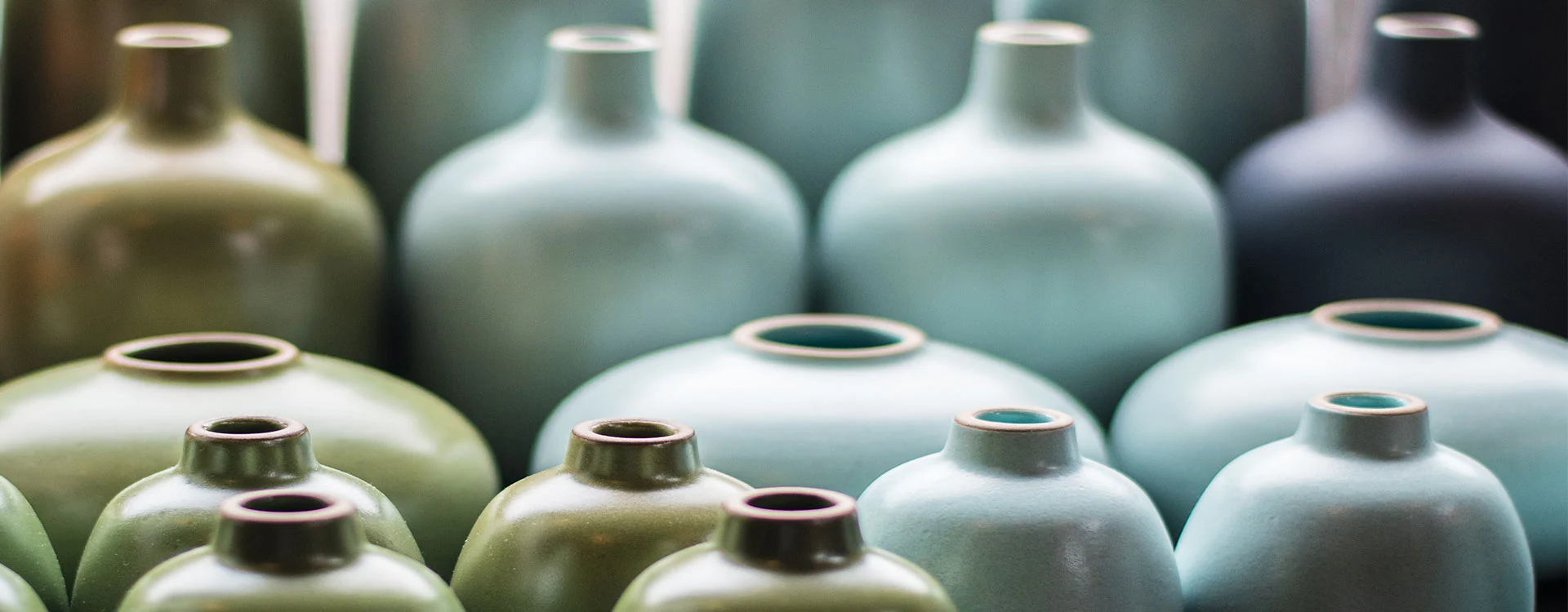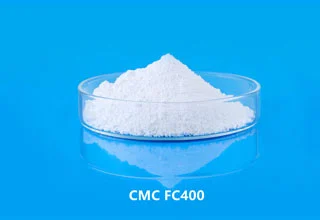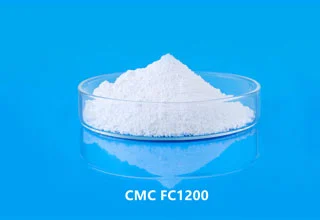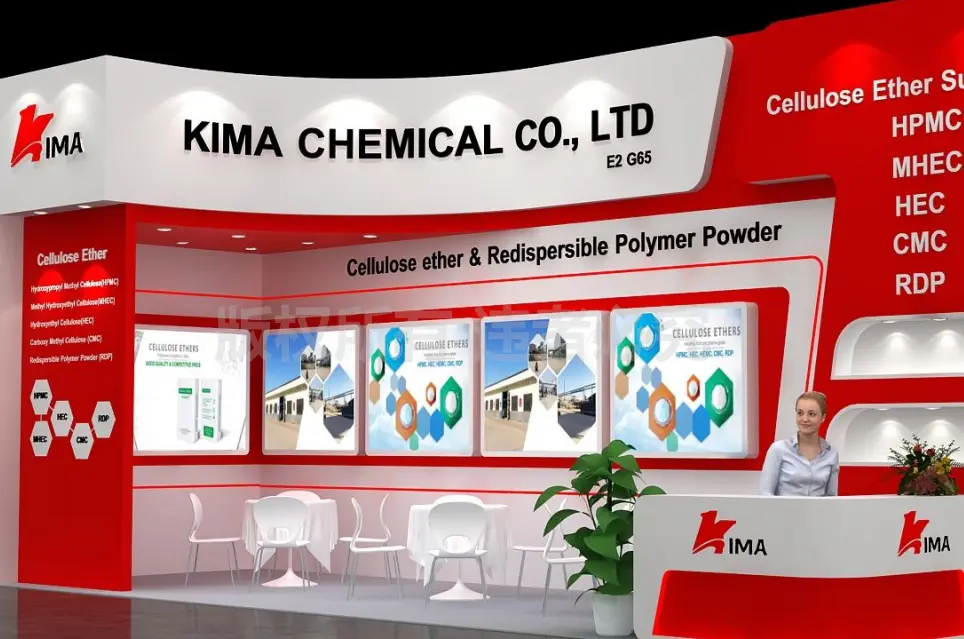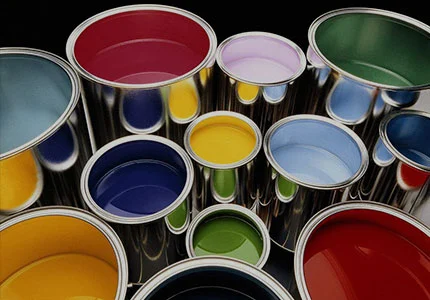Ceramic grade carboxymethyl cellulose (CMC) has several advantages that make it a valuable additive in the ceramic industry. Some of the main advantages of Creamic Grade CMC include:
Improved workability:
Creamic Grade CMC can improve the workability of ceramic materials by reducing the amount of water needed for processing and improving the consistency of the material.
Reduced cracking and deformation:
Creamic Grade CMC has strong adhesive properties that can improve the bonding between ceramic particles, reducing the risk of cracking and deformation during processing.
Enhanced mechanical properties:
Creamic Grade CMC can improve the mechanical properties of ceramic materials, such as their strength, toughness, and durability.
Better rheology control:
Creamic Grade CMC can be used to control the rheology of ceramic slurries, which improves the stability and flow properties of the material during processing.
Increased productivity:
Creamic Grade CMC can reduce processing times and increase productivity by improving the workability and consistency of ceramic materials.
Reduced costs:
Creamic Grade CMC can reduce costs by reducing the amount of water needed for processing and improving the efficiency of the manufacturing process.
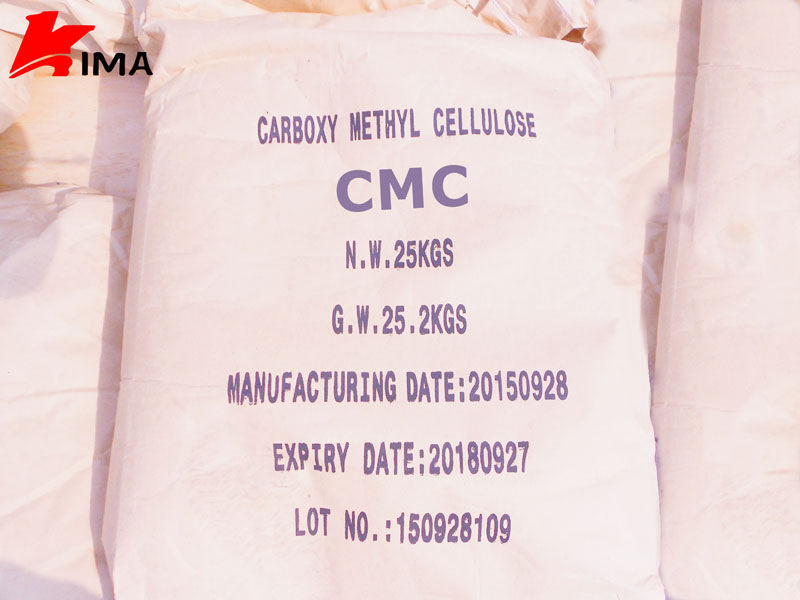
 English
English 日本語
日本語 français
français Deutsch
Deutsch Español
Español italiano
italiano русский
русский português
português العربية
العربية Türkçe
Türkçe Nederland
Nederland
